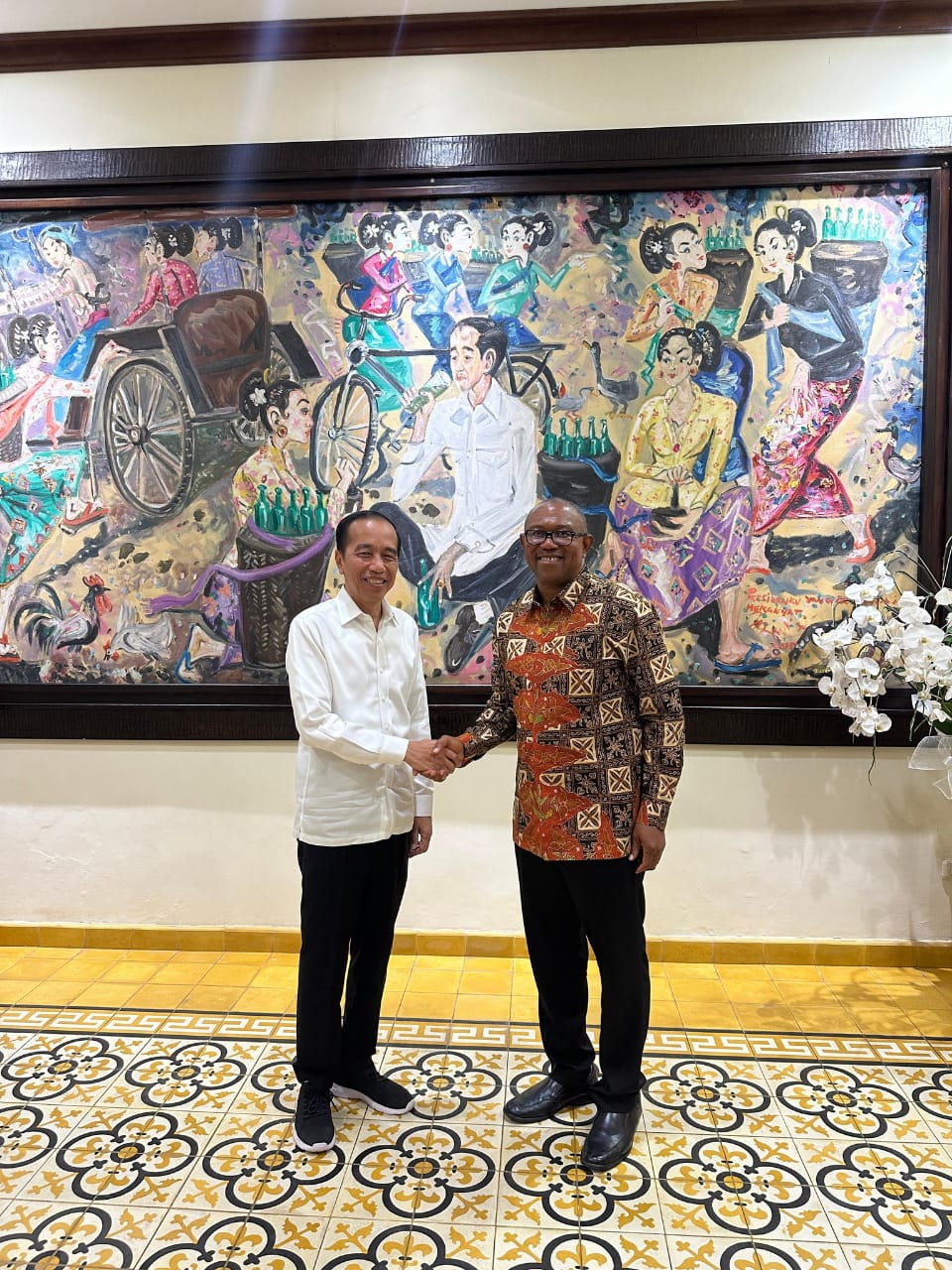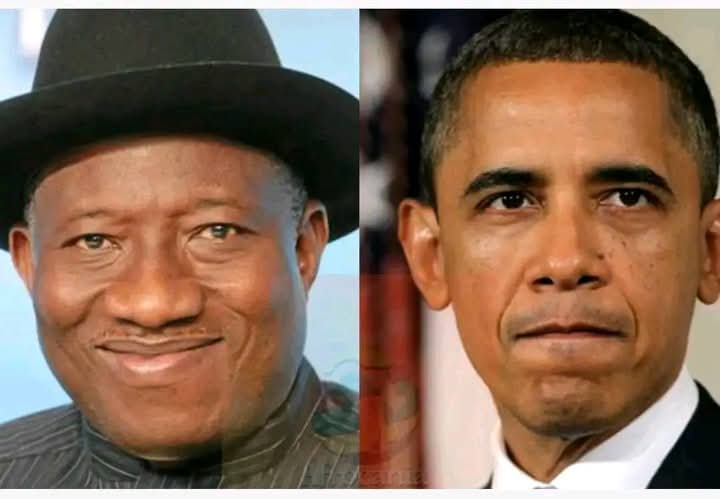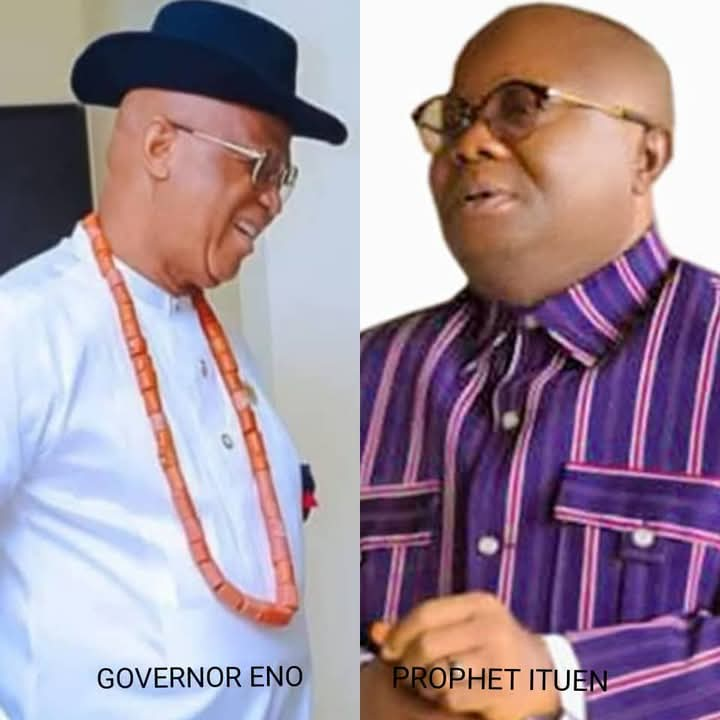“When we finally met, after a warm reception and introductions, I asked him, “What is the most driving purpose—the most important reason—for your involvement in politics and governance?” He responded, “The people, especially the poor and vulnerable”
Peter obi writes:
In conclusion of my travelogue on Indonesia, today I present my journey from Jakarta to Solo to meet with one of the most forward-thinking political figures I have long admired for his transformative mindset, and most popular Indonesian President, President Joko Widodo, (a.k.a Jokowi)
Joko Widodo started as a small entrepreneur, became a successful businessman, and then entered into politics, starting as the Mayor of his Local Council, before becoming the Governor of Jakarta, where he gained widespread acclaim for his achievements in two critical areas of development: health and education.
After serving for 2 years as the Governor of Jakarta, he contested and was elected the 7th President of Indonesia.
He was the 1st Indonesian President that is not a career Politician, or career public Servant, and not from the military elite where previous Presidents came from.
His Presidency brought significant and visible transformation across all key sectors of measure of development, health, education, poverty alleviation, rural development, infrastructure, and the fight against corruption.
When President Widodo took office in 2014, Indonesia’s GDP stood at $890 billion, with a per capita income of $3,476, and its Human Development Index (HDI) was at a medium level.
By the time he left office in 2024, Indonesia’s GDP had grown to approximately $1.4 trillion—an increase of about 60%—with a similar percentage rise in per capita income, which is now around $5,000.
The country’s HDI also improved from medium to high.
In stark contrast, between 2014 and 2024, Nigeria had experienced a huge decline, with both GDP and per capita income falling to less than 50% of their 2014 levels.
While Indonesia’s transformation had started under the previous administration before President Widodo, it was under his leadership that Indonesia witnessed remarkable transformation, particularly in healthcare, education, rural development, huge eradication of extreme poverty, infrastructure expansion, and increased power generation, and Indonesia under his leadership became the 1st Southeast Asian Trillion economy.
His administration took bold steps to combat corruption and implemented policies such as banning the export of critical raw materials—including nickel, copper, and aluminum—to encourage domestic value addition. This policy led to a significant increase in manufacturing activities, manufacturing contribution to Indonesian GDP, jobs creation, and a surge in export earnings to over $300B due to the higher value of processed goods.
When we finally met, after a warm reception and introductions, I asked him, “What is the most driving purpose—the most important reason—for your involvement in politics and governance?” He responded, “The people, especially the poor and vulnerable.”
I then asked, “What was the most important thing you focused on when you had the opportunity to serve?” He answered, “Their social welfare, health, education, and lifting people out of poverty.”
He emphasized that his leadership was deeply rooted in direct engagement with the people. To ensure commitment, care, accountability, and responsiveness, he maintained constant communication (talking directly, not via proxies), ensuring that citizens always knew what he was doing and how it would benefit them. He traveled around the country, visiting at least three districts every week. He ensured Indonesians knew where he was traveling to and the reasons for his trips.
The Indonesian government conducted periodic surveys to assess the impact of government policies, ensuring that decisions were informed by realities on the ground.
He fought corruption head-on with zero tolerance, enforcing Indonesia’s strict annual asset declaration for all elected officials beginning from the council level.
His last words to me were: “Always think about the people and always do what will benefit them. I wish Nigeria well, and I look forward to more collaboration between Nigeria and Indonesia.” His administration’s commitment to transparency, economic reform, and inclusive governance brought Indonesia remarkable progress, setting a model for nations seeking transformative leadership.
A new Nigeria is very possible.
-PO



